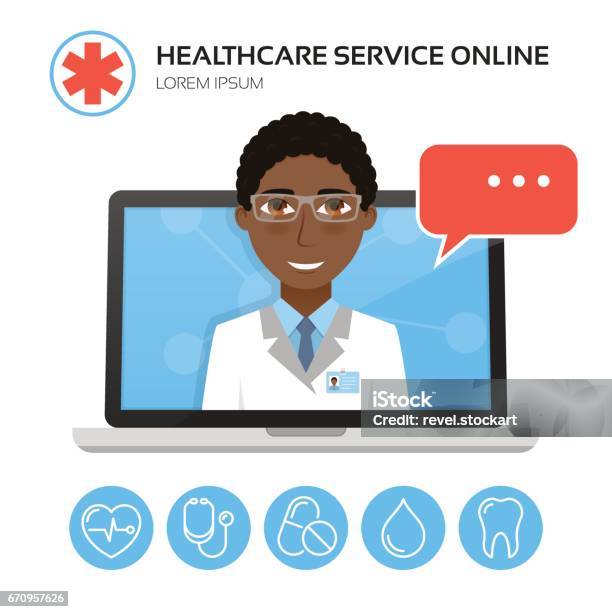The Rise of Subscription-Based Healthcare and Its Effect on Patient Care
As health care evolves, the subscription-based model is getting grip, guaranteeing to reinvent patient treatment by supplying predictability and ease of access. The possibility for these models to reshape healthcare shipment elevates pressing inquiries regarding their long-term sustainability and inclusivity. Are these membership solutions the future of healthcare, or do they run the risk of leaving susceptible populaces behind?
Understanding Subscription Healthcare Designs
Realizing the idea of subscription medical care versions entails analyzing a transformative approach to clinical solutions that emphasizes cost and availability. These designs, frequently referred to as straight medical care (DPC) or attendant medication, have actually arised as innovative choices to typical fee-for-service medical care systems. Membership health care permits patients to pay a fixed monthly or annual fee for a defined set of medical solutions, which might consist of unlimited office brows through, regular check-ups, and basic laboratory tests, without the need for typical insurance invoicing.
The framework of membership medical care models is created to streamline patient care by getting rid of third-party payers and intricate billing codes, thereby minimizing management problems. Doctor can focus extra on client care, fostering more powerful patient-provider relationships. This design also advertises preventative treatment by urging normal check outs, as the financial challenge of per-visit costs is removed.
The registration design typically encourages doctor to handle smaller sized client panels, permitting more individualized treatment. It lines up economic rewards with individual health outcomes, as suppliers are encouraged to keep client satisfaction and health. Generally, comprehending subscription health care designs calls for acknowledging their prospective to improve exactly how care is provided and accessed.
Benefits for Suppliers and patients

For providers, subscription-based versions provide the chance to strengthen patient-provider connections. With a constant income stream, medical care specialists can dedicate even more time to every individual, resulting in a more extensive and personalized treatment experience. This model likewise reduces reliance on high patient quantities, easing burnout and boosting job contentment. The emphasis on precautionary care within subscription plans can lead to better patient results and minimized long-term healthcare prices. By focusing on continuous care, service providers can attend to problems before they escalate, inevitably benefiting the health care system as a whole by minimizing the burden on emergency and intense care services.
Concerns and difficulties
While subscription-based health care designs present various advantages, they additionally come with a collection of challenges and problems that must be addressed. This increases ethical questions concerning fair accessibility to medical care services.
Financial sustainability of subscription-based designs is one more anchor worry. Suppliers have to stabilize the set income from subscriptions with the variable costs of healthcare solutions, which may vary as a result of unanticipated clinical needs. This can create stress to limit services or increase costs, potentially influencing person complete satisfaction and care high quality.
Additionally, governing oversight of subscription-based medical care designs is still evolving. The absence of standardized frameworks can lead to inconsistent service top quality and accountability, complicating efforts to make sure client security. The integration of technology-- often a cornerstone of these versions-- raises inquiries concerning data privacy and safety and security, as sensitive person info might be at risk to breaches. Attending to these challenges is vital for the successful and fair execution of subscription-based healthcare.
Effect on Patient-Doctor Relationships
One significant impact of subscription-based health care models on patient-doctor relationships is the capacity for boosted continuity and personalized care. By adopting a membership model, physicians can manage a smaller patient panel, permitting even more devoted time with each individual. This raised schedule promotes a much deeper understanding of a client's medical background, way of living, and choices, allowing a lot more tailored treatment plans and treatments.

Nevertheless, it description is essential to recognize that while subscription-based designs might profit those that can afford them, they can accidentally expand healthcare differences. Patients who are unable to take part in these models could experience reduced accessibility to customized care, possibly impacting their connections with health care service providers. Therefore, while the registration design supplies encouraging advantages for patient-doctor relationships, it additionally positions obstacles that require to be dealt with to guarantee equitable medical care access.
Future of Healthcare Access

The duty of innovation can not be forgotten in this improvement. Telemedicine systems and digital wellness documents promote seamless communication between people and doctor, damaging down logistical and geographical obstacles. In addition, innovations in fabricated knowledge and data analytics can further individualize clinical treatment by forecasting individual requirements and optimizing treatment strategies.
Nonetheless, the future of health care accessibility also provides challenges, such as making sure equity throughout different socio-economic teams. Policymakers and doctor need to team up to link the electronic divide, guaranteeing that subscription-based versions remain cost effective and inclusive. As these systems grow, they hold the guarantee of making healthcare extra available, reliable, and patient-centric.
Conclusion
Subscription-based medical care designs are improving patient care by providing a secure expense framework and enhancing availability. These versions reinforce patient-provider connections via personalized treatment and normal check outs, emphasizing preventative health and wellness. Regardless of these benefits, difficulties such as access issues for low-income populations and the demand for fair healthcare options linger. The rise of subscription-based health care urges aggressive client interaction, which has the possible to improve client end results and satisfaction, indicating a transformative change in medical care delivery.
As healthcare advances, the subscription-based version is acquiring grip, promising to transform person care by providing predictability and ease of access.Subscription-based health care designs provide unique advantages for Visit Website both patients and suppliers, improving the general health care experience.As healthcare systems evolve, the future of medical care gain access to frequently pivots on the assimilation of ingenious models and technologies.Subscription-based medical care versions are reshaping patient treatment by supplying a steady expense structure and boosting availability. The rise of subscription-based healthcare urges proactive patient involvement, which has the prospective to improve individual outcomes and satisfaction, signifying a transformative shift in medical care delivery.